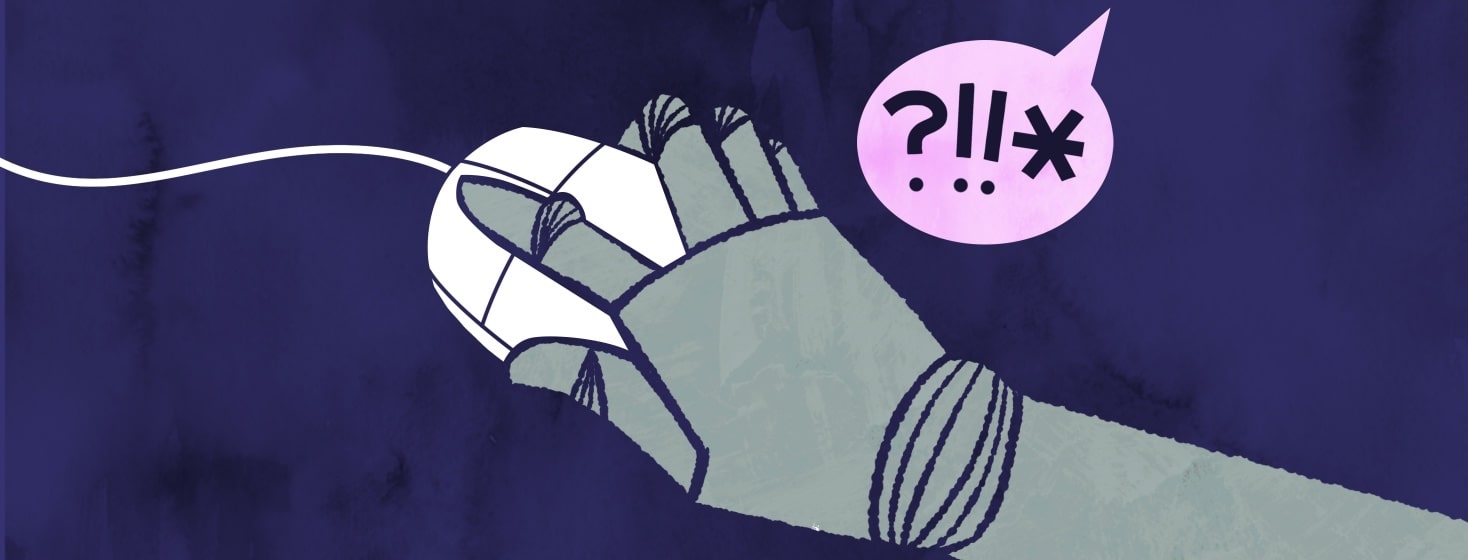Psoriatic Arthritis: How It Affects the Hands
Psoriatic arthritis (PsA) is an inflammatory condition that affects the skin, joints, and tendons. This inflammation can occur in any joint or tendon in the body. However, the hands, each with 27 bones and dozens of joints and tendons, are one of the most common areas where PsA causes problems.1-3
Early treatment can help manage the hand and finger symptoms of PsA. It also may reduce or slow permanent damage to the joints and tendons.3
Symptoms of psoriatic arthritis in the hands and fingers
Some common signs of psoriatic arthritis in the hands include:3,4
- Red, swollen finger joints
- Pitted, ridged, or crumbling fingernails
- Hand joints that sometimes feel warm
- Deformed joints in the pinky finger
- Stiffness or trouble moving the hands or fingers
- Reduced hand strength and trouble gripping things
Start a Forum
Sometimes, red and swollen fingers develop a sausage-like appearance. The medical term for this condition is dactylitis.1,5
When tendons that cause the fingers to bend become inflamed, people with PsA may also develop trigger finger. Trigger finger causes a digit, most often the ring finger or thumb, to lock or catch when it is bent. It can be painful and, at its worst stage, require a doctor to straighten the finger or thumb.5
Causes of PsA in the hands and fingers
Doctors do not know exactly what causes psoriatic arthritis. It appears that a person’s genetics and environment work together to increase their chances of developing the condition.1
Researchers have looked at several genes that may influence who gets PsA. Changes in a group of genes called the human leukocyte antigen (HLA) complex seem to be one possible contributor. HLA genes seem to affect who gets PsA, along with the type, severity, and progression of their PsA.1
Another sign that PsA may have a genetic cause is that four in ten people with the condition have at least 1 close family member with psoriasis or psoriatic arthritis.1
How each type of PsA affects the hands
There are five types of PsA. Each type tends to affect the hands and fingers differently.1
- Distal interphalangeal predominant mainly affects the ends of the fingers in the joints closest to the nails. The nails also tend to change.
- Asymmetric oligoarticular affects different joints on each side of the body. So, one hand may be affected but not the other.
- Symmetric polyarthritis affects the same joints on each side, including the fingers.
- Spondylitis mostly impacts the back and neck. But sometimes it affects the hands too.
- Arthritis mutilans is rare, but it severely damages the hands and feet.
Featured Forum
View all responsesDupuytren's contracture and PsA
Dupuytren's contracture is a condition in which the tissue (called fascia) just under the skin becomes thick on the palm or base of the fingers. The thickened area may turn into a hard lump that, over time, causes the fingers to curl, pull sideways, or in toward the palm. This happens most commonly to the ring and little fingers.7
The exact cause is unknown, but it may be inherited or more common in certain health conditions. Psoriatic arthritis is not a known cause of Dupuytren’s contracture. It may also be called Dupuytren's disease.7
Like other complications of PsA, there is no cure for symptoms that involve the hands, but early treatment may help slow damage to the hands or restore some function.4,7

Join the conversation